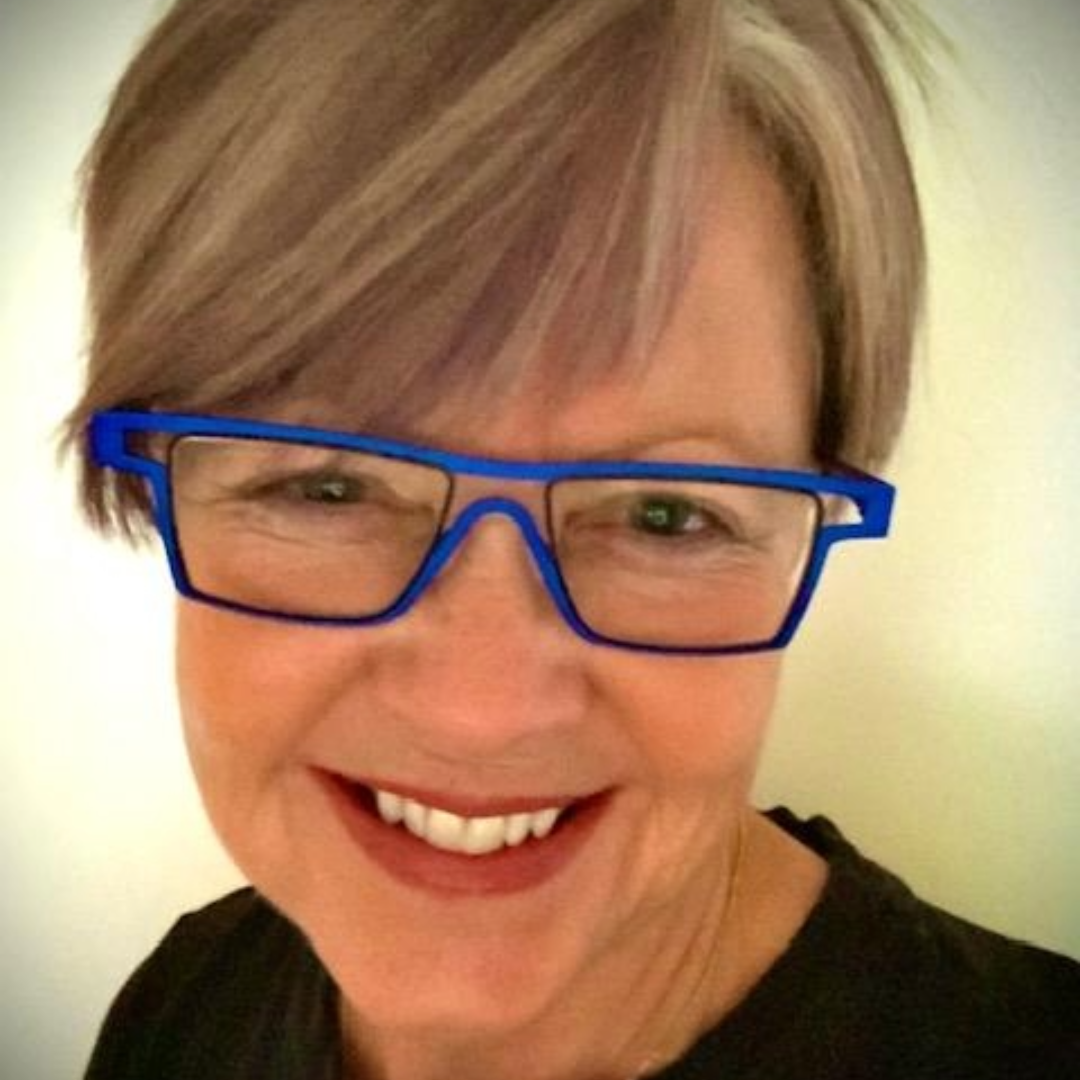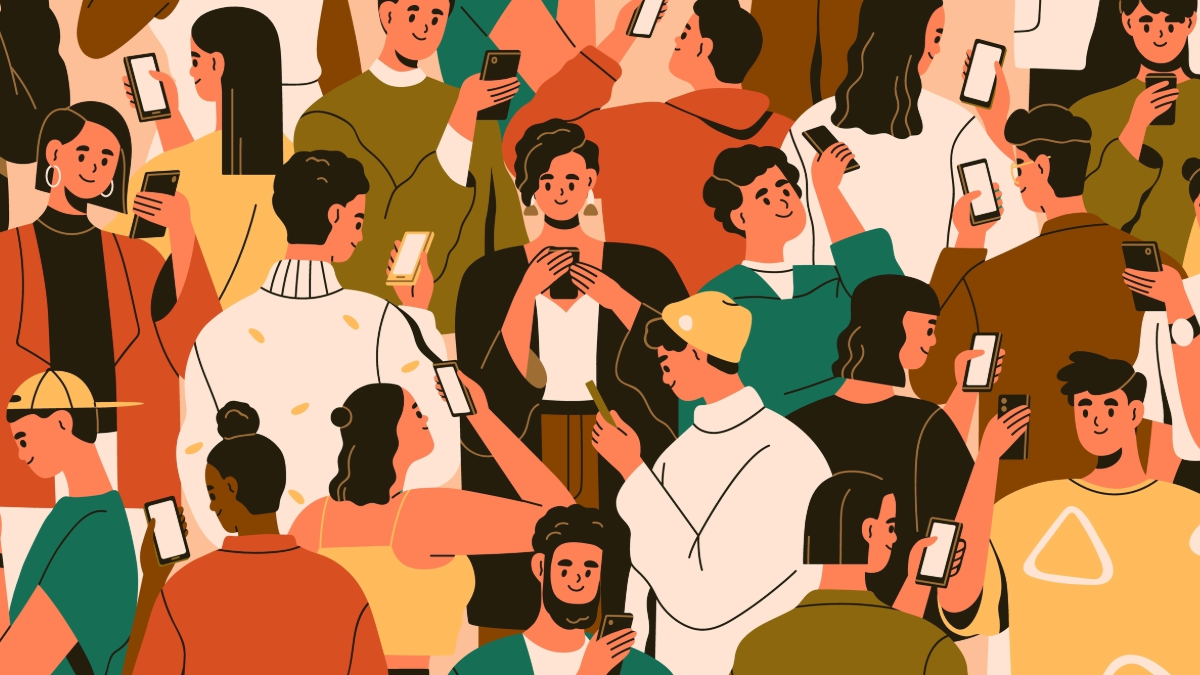Empowering Youth: Agency and Voice Are Key to Mental Health and Online Safety
Vicki Harrison, Anne Collier / Jul 25, 2024Vicki Harrison and Anne Collier are editors of Social Media and Youth Mental Health, a book just published by the American Psychiatric Association.
With the US Senate poised to vote on the first significant online child safety and privacy legislation since 1998, could we take a moment to look at one crucial component of this whole conversation? It's agency – the capacity to act and effect change, in this case for youth, who are the subjects and intended beneficiaries of all this work on the part of so many adults, including lawmakers, parents, educators and researchers.
As editors of Social Media and Youth Mental Health, a book just published by the American Psychiatric Association that pulls together the work of 41 scholars, we have processed a great deal of insight on youth voice, agency and mental health from researchers and youth leaders alike. One such insight is that agency correlates with mental health.
Young people "who viewed themselves as in control of their social media use not only reported greater life satisfaction and perceived social support, but also less depression, anxiety, and stress," write researchers Angela Y. Lee, Lara Schreurs, Sunny X. Liu and Jeffrey T. Hancock in our book. "In contrast, people with the mindset that they had little control over their social media use experienced more psychological distress."
Consider the comments of young activists leading conversations about change. When asked at last April's Youth Summit for Social Media and Well-Being what gives him hope in his work, Aidan Kohn-Murphy, founder of Gen Z for Change, said: "We're seeing more and more older people approach young people as collaborators, as peers, and trying to figure out how they can support rather than take over.... So I would say intergenerational and intragenerational collaboration."
Chloe Kim, a youth leader with the Stanford Center for Youth Mental Health & Wellbeing's GoodforMEdia program, recently wrote, “Having been affected most by social media, young people are in a unique position to drive reform and are eager to take initiative. We [GoodforMEdia leaders] share our practical policy and product ideas directly with platforms and lawmakers and wish we had even more opportunities to have our ideas heard."
Fortunately, we're starting to see more of what Chloe and Aidan are calling for: adults listening, incorporating youth input and collaborating on outcomes. Better late than never, and we can learn much more. We can't make what's wrong with digital media right for young people without taking their suggestions and demands for accountability, privacy protections and healthier product design on board.
Even more importantly, we can't address the youth mental health crisis without them. We can't improve their mental health if we treat youth as powerless victims whose social media use needs to be controlled by others. Improving youth mental health means giving youth power, purpose, support and the ability to influence their own futures.
Young social media users have very nuanced experiences with the apps and platforms they use and could lecture any one of us on how social media is a double-edged sword, and how they make their way through it on a daily basis with increasing intention and skill as they mature and face their share of challenges, in media just as in offline life.
Now, as we move mind-numbingly fast into the AI age, are we going to let their lived experiences lead us toward a new and improved tech ecosystem that learns from the past and prioritizes health and safety over astronomical growth and profit? If we choose to ignore youth voices yet again, we risk further disempowering them by taking away the virtual spaces they've inhabited for two generations now. So let’s set appropriate limits together, giving them the voice and say that they’ve earned.
Let’s ask young people what would make digital media better for them. If it is age restrictions, labels and social media bans, so be it, but did we ask them? (And when we say "them," we mean diverse youth from all corners of the country.) What we're hearing the youth leaders of GoodforMEdia ask for is greater transparency into platforms, more control over the experiences they have online, less targeted advertising and algorithmically driven feeds, better response times for reporting harm, and healthy speed bumps to help them regulate their use. Giving them access to social media platforms where they can have positive and safe experiences is a strategy that will support youth mental health at the population level.
What research has failed to tell us conclusively to date about social media’s impacts on youth mental health, young people already know intuitively. We do have data to go on – the lived experiences of children and teens who are building skills and new ideas for facing challenges online and offline every day. In the absence of hard, established evidence, we need their expertise, and they are telling us that they are happy to share it – as long as we are prepared to share decision-making power and listen for youth wisdom that can drive solutions.
Until we do the latter, one more threat to youth wellbeing will be us.
Authors


